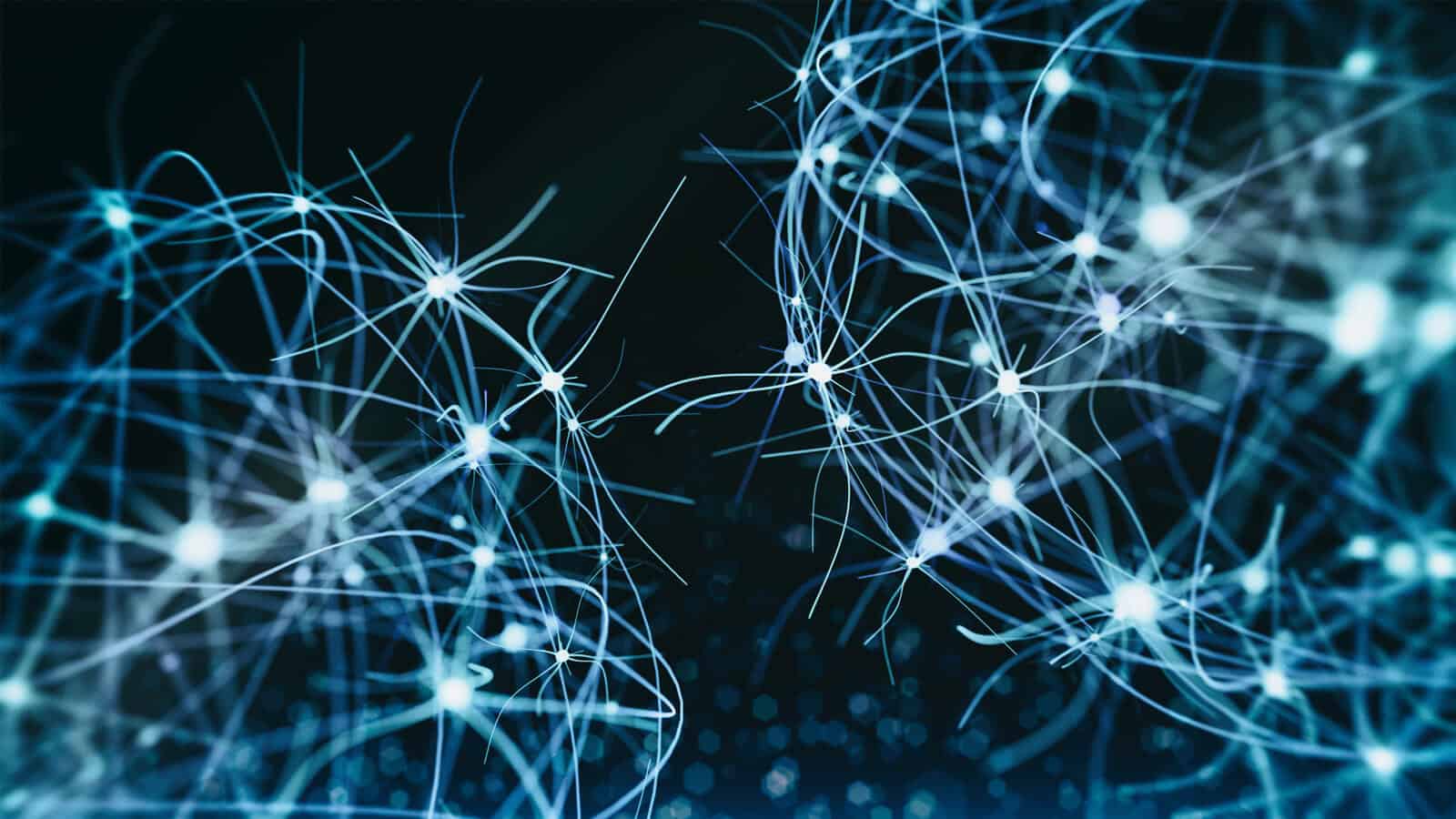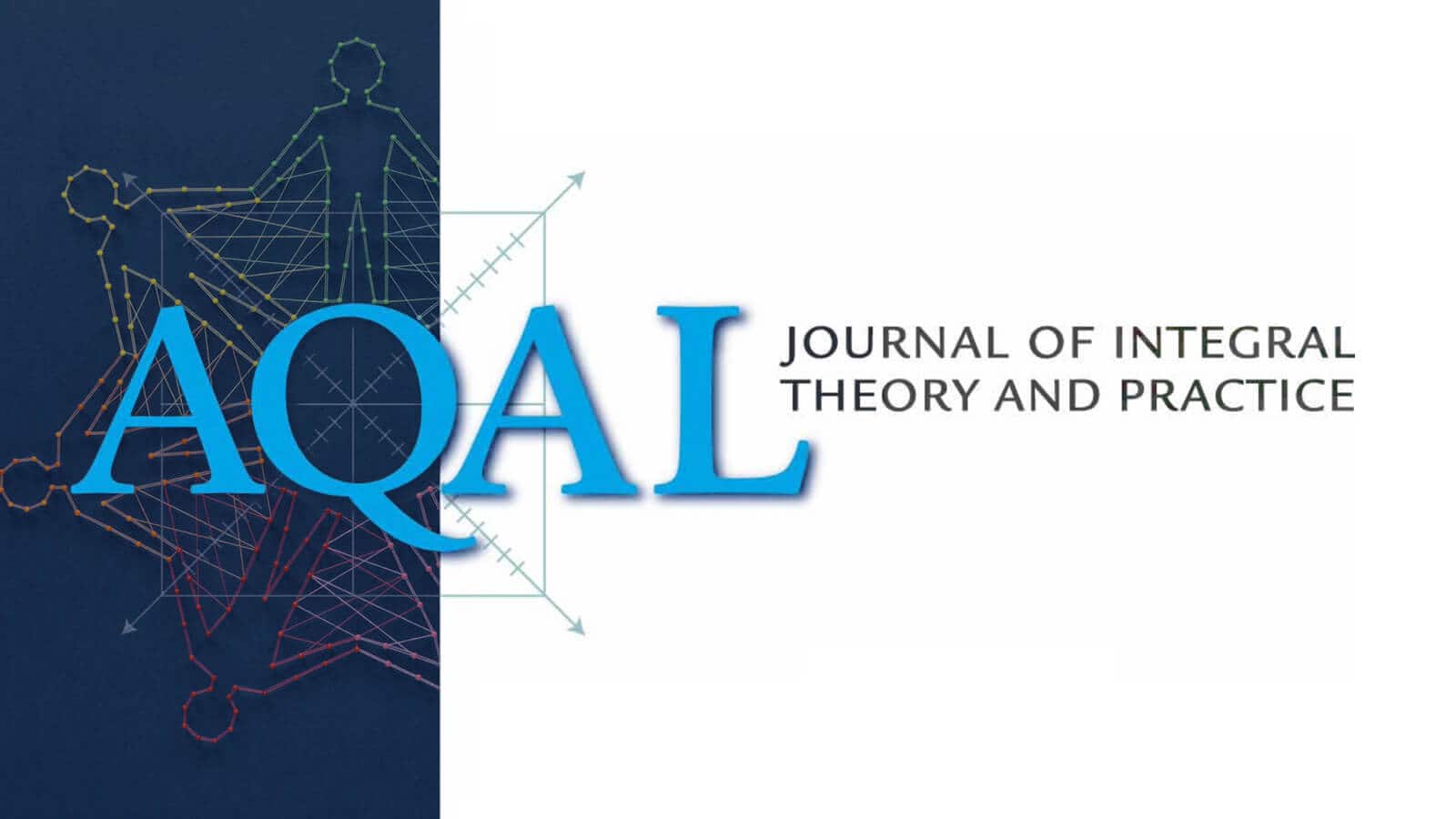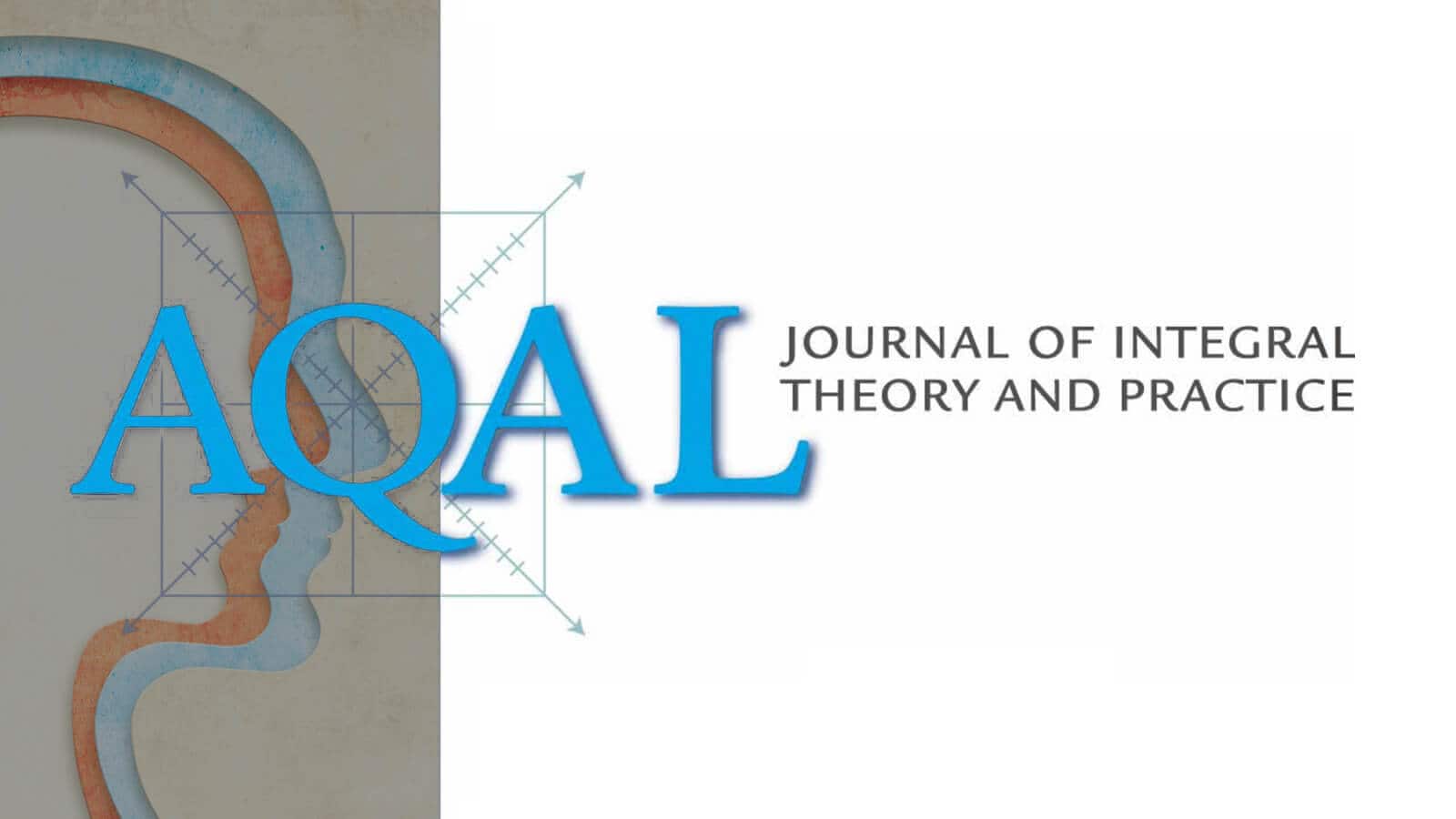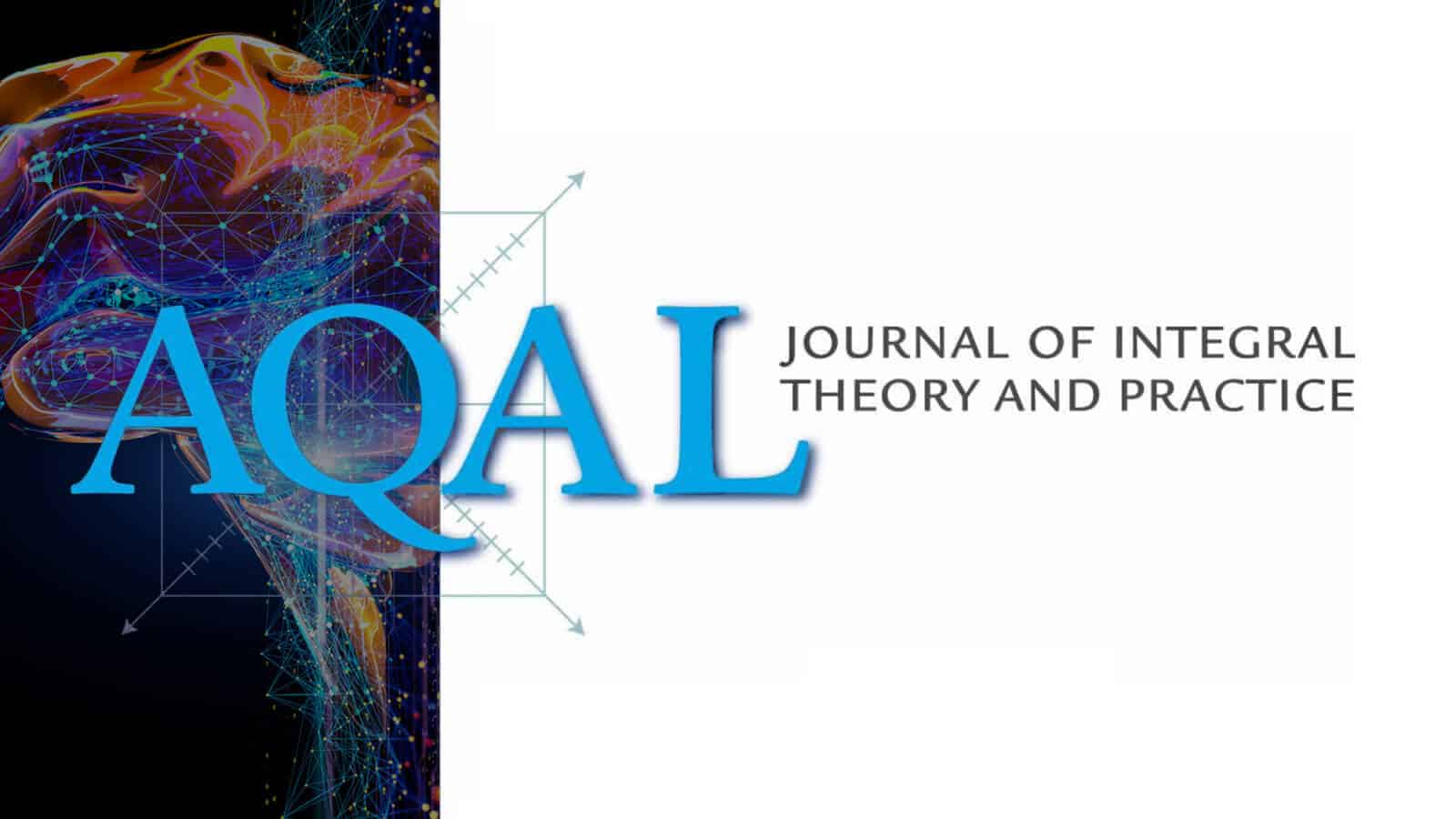Watch as Dr. Keith offers a "Psychotherapy Masterclass" that helps us work with various personality types as a foundation for healing, change, and self-actualization. While intended for other psychotherapy professionals, this discussion offers valuable insight for all of us, and can be immediately applied to our personal transformational work, whatever that may be.
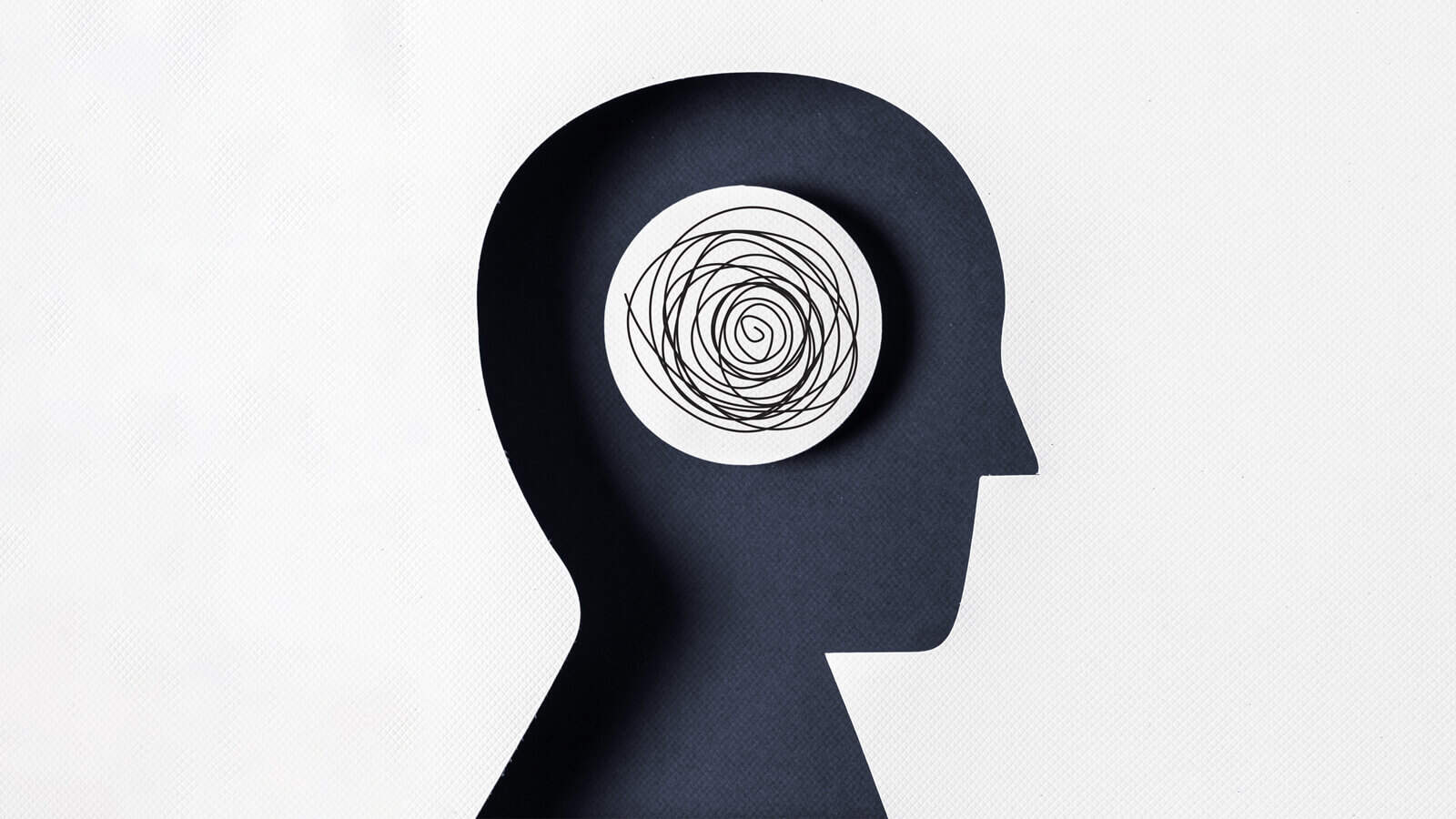
Psychology
In one of our biggest and richest collections, you’ll explore the human psyche in all its complexity—motivations, drives, shadows, traumas, relationships, practices, and much more. Dr. Keith Witt (40+ years as an integrally informed Licensed Psychologist) and other experts guide you through these layers, showing how an integral perspective on psychology can help you understand yourself and others, navigate challenges, and build more effective, fulfilling habits and relationships.


 August 25, 2022
August 25, 2022 







